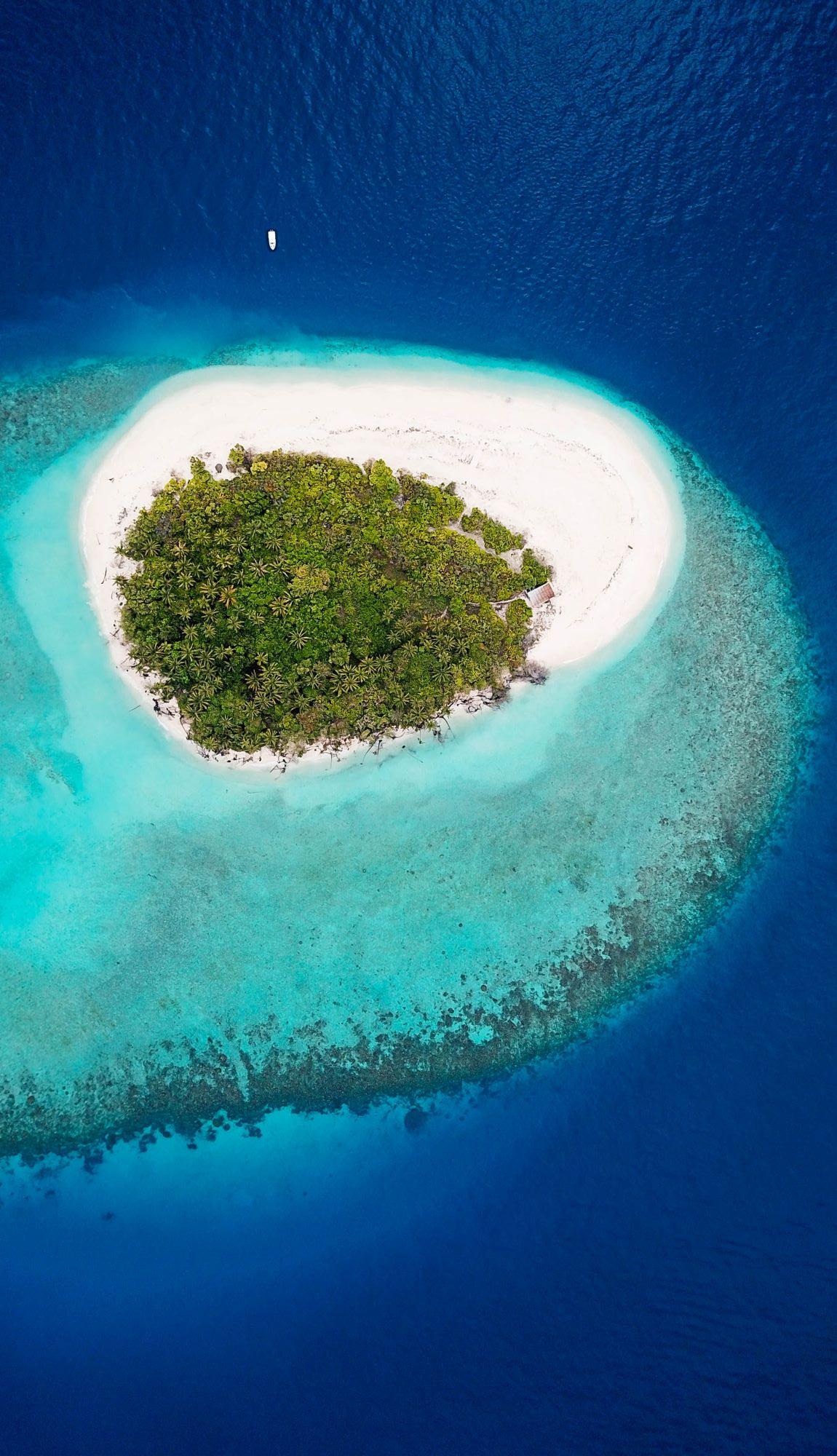Nitrogen Pollution: Threats to Tropical Coral Coasts
Course summary
Start date
AnytimeCost
FreeDelivery mode
Online (Self-paced independent learning)
Delivered by
School of GeoSciencesDuration
5 weeks
About the course
Nitrogen pollution is a critically important global challenge. For tropical ecosystems such as coral reefs and seagrasses (CRAS), this is a particularly pertinent issue, as they are amongst the most economically valuable and biologically diverse ecosystems on Earth, but are steadily declining in areal extent and health. Eutrophication (excessive nutrients causing water pollution) in these environments can not only interfere with the health and diversity of vegetation, fish and other aquatic organisms; inhibit recruitment of juvenile corals but is also thought to increase the susceptibility of corals to heat-induced bleaching events.
The course will use the Maldives as a lens in which to look at these issues, yet the core principles are relevant to contexts across South Asia and beyond. The course will use a mix of short topical lectures by academics at the University of Edinburgh and members of a local non-governmental organisation (NGO), Maldives Resilient Reefs.
What you'll learn
In this course, you will:
- Discover the value and importance of coral reefs and seagrasses
- Learn what nitrogen is and its role in tropical marine ecosystems
- Find out how nitrogen pollution threatens these ecosystems and what human activities contribute to this global challenge
- Recognise the value of scientific experimental approaches to informing solutions
- Identify practical solutions to mitigate the impacts of nitrogen pollution in the marine environment
Who the course is for
This course is a great choice for anyone with an interest in coral reefs and tropical marine ecosystems.
Entry criteria
Introductory: No previous knowledge required
